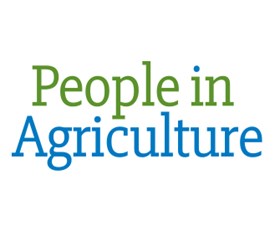The changing face of technology in Agriculture
3/4/2018
It has been a long-held opinion that the agricultural industry is adverse to change and reluctant to embrace new technologies. But agriculture faces a big future, the food demands of an increasing world population is fuelling development opportunities that will propel Australian farming into a new technological age.
Anyone who has been watching the advances in technology in the area of agriculture will know that the perception that the farming industry is technophobic is changing rapidly. With this changing perception comes a renewed interest in agriculture from young people and graduates, injecting new life into an ageing workforce.Heading up this revolution is a proliferation of new sensor technologies, able to measure everything from smoke contamination to disease. While soil moisture sensors and weather stations are already in wide use, it is the abilities to integrate and dissect this information with big data and artificial intelligence that will allow them to communicate actionable insights to the growers. This will not replace the knowledge of the past but merely allow traditional practices to be more effectively employed as a greater range of data is more accurately analyzed.
While exciting new technologies such as unmanned surveillance vehicles or drones will add a Sci-Fi look to Australia's new smart farms, study is also proceeding in the use of more biological sensors. Researchers at the University of Adelaide and the University of Melbourne are studying the use of dogs heightened sense of smell in the detection of pests and diseases such as phylloxera, an insect that attacks the root of a plant and is very difficult to detect.
The University of Melbourne’s Bachelor of Agriculture hopes to attract more young people keen to solve the upcoming challenges. The degree applies the study of biology, chemistry, mathematics, engineering and statistics to agriculture.
It is a practical course based in a regional area, the Dookie campus, but it is also keeping with the times by incorporating technology into the farm experience.





